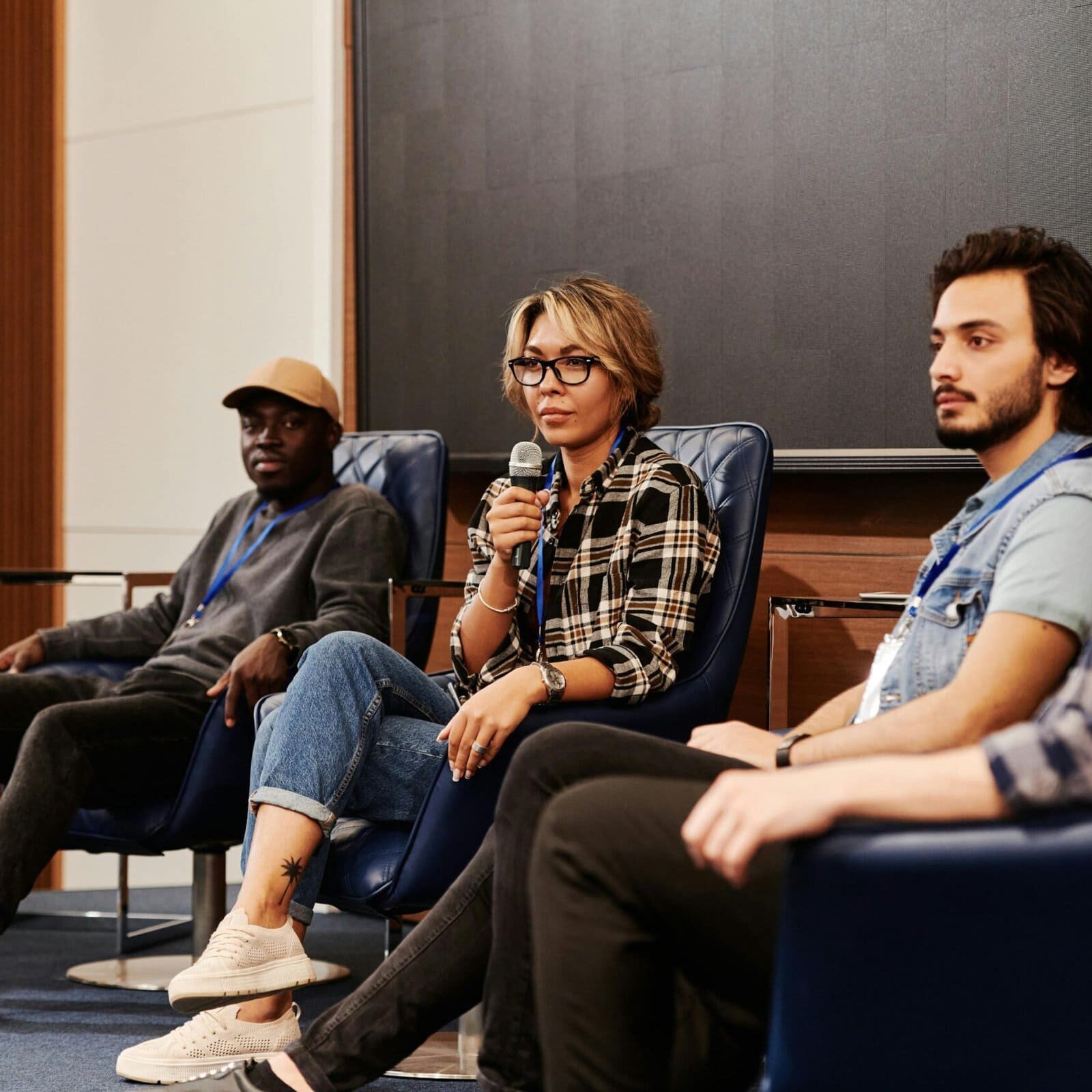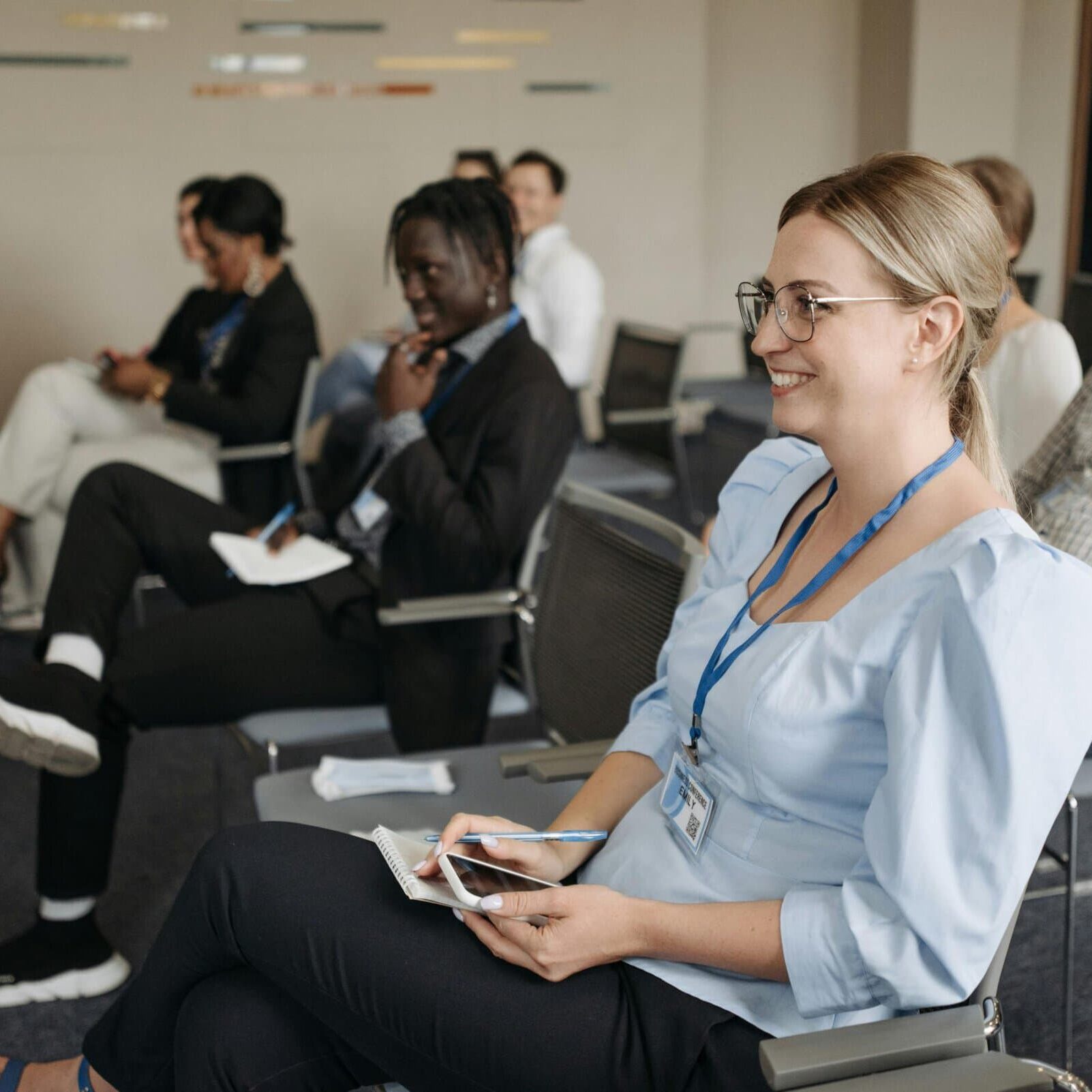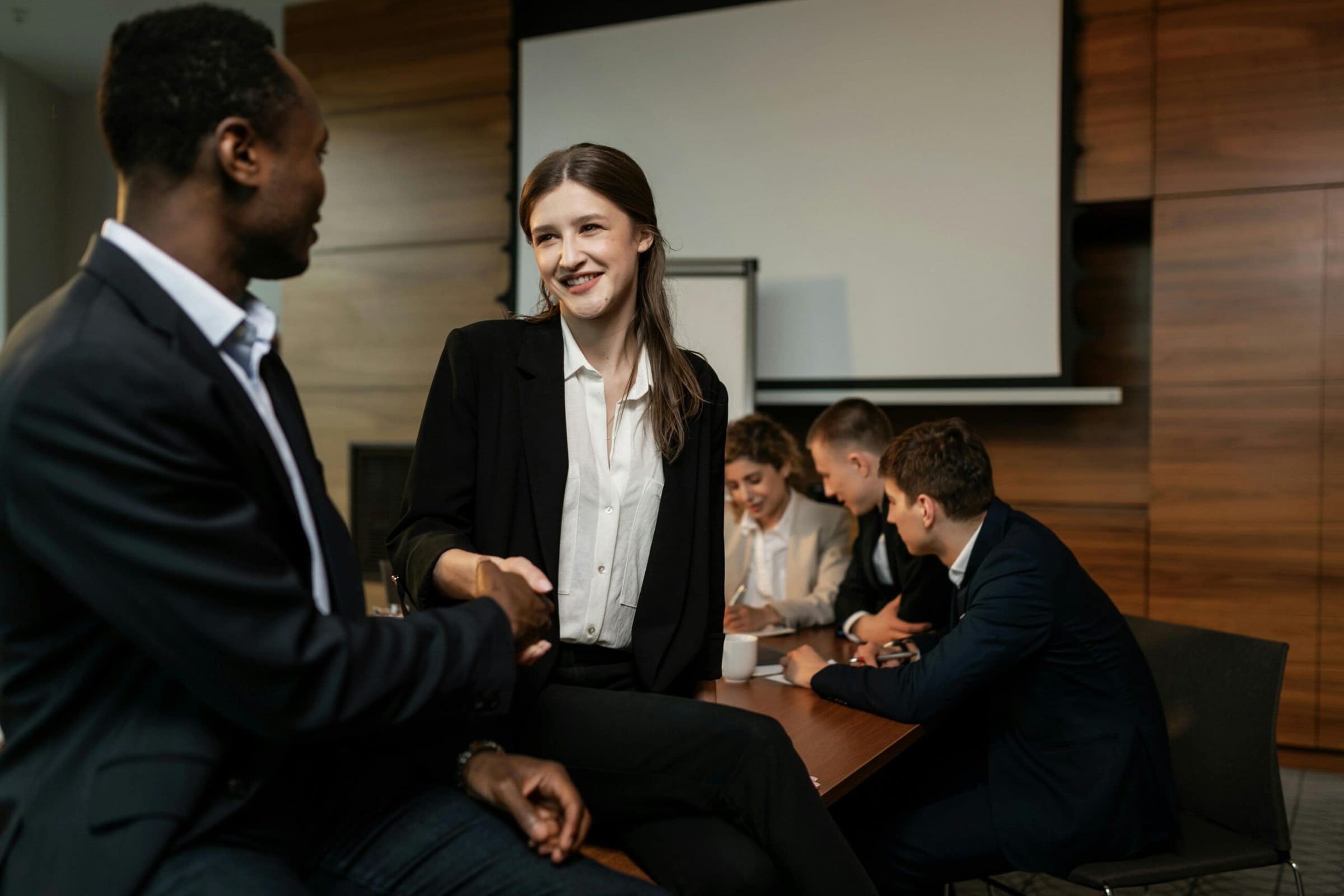Overview From The Chair
Read a message from Joseph A. Allen, this year’s SIOP Program Committee Chair, about the call for proposals and what to expect at the conference.


Submit A Session
Read SIOP’s submission checklists to ensure potential sessions meet the proper criteria, then submit a session for review.
Important Submission Information
Upload A Session Submission
Submit A Proposal
Use the Submission Center to upload a proposal.
NOTE: The Submission Center is now closed. The submission deadline was Wednesday, October 9, 2024, at 5 p.m. ET.

Preparing and Formatting Proposal Documents
Make sure all submitted proposals follow the proper formatting and text guidelines.
Session Types and In-Person Formats
Find out about the 7 different types of 50 or 80-minute sessions and how to bolster potential submissions.
All sessions for the 2025 SIOP Annual Conference will only be conducted in person. There will be no virtual or hybrid options.

Volunteer As a Proposal Reviewer
Play a key role in filling the conference program with valuable, compelling content through with peer review process. All current SIOP Fellows, Members, Associates, and Retired members are eligible to serve as reviewers.
Eligibility of Individuals & Proposals
SIOP welcomes participation as both speaking and non-speaking contributors. Review specific rules for contributors to follow.

Submission and Reviewer Instructions

Step By Step Submission Site Walkthrough
See a detailed slide deck for help navigating the online submission process.

Proposal Reviewer Walkthrough
Find out the steps for volunteering to be a proposal reviewer for the Annual Conference.


